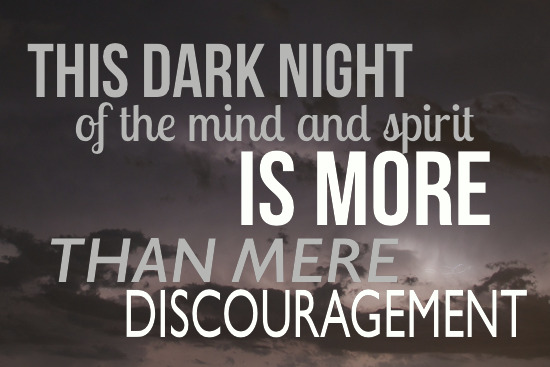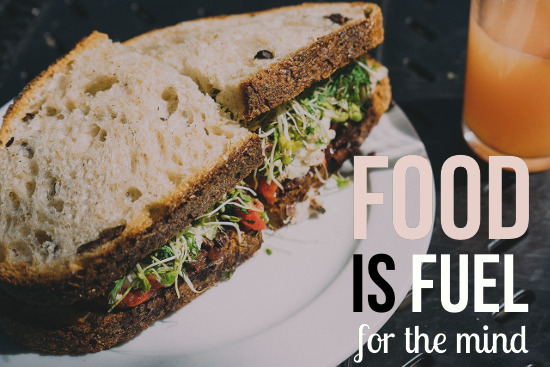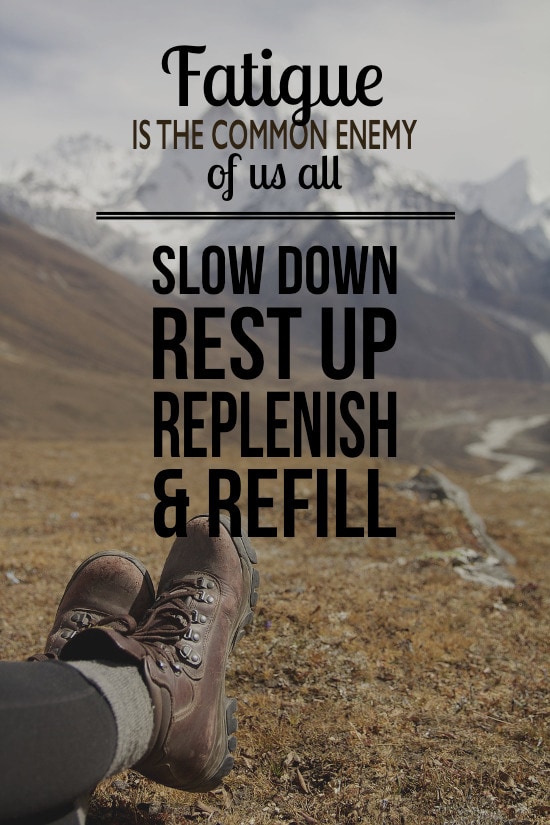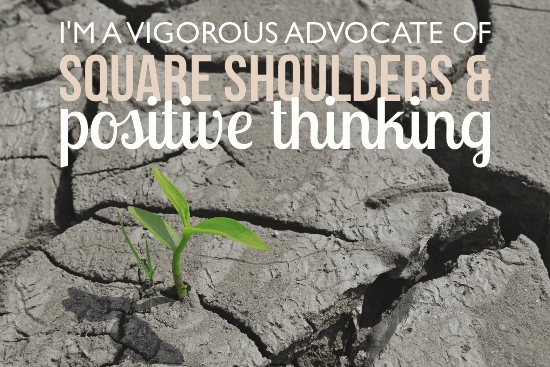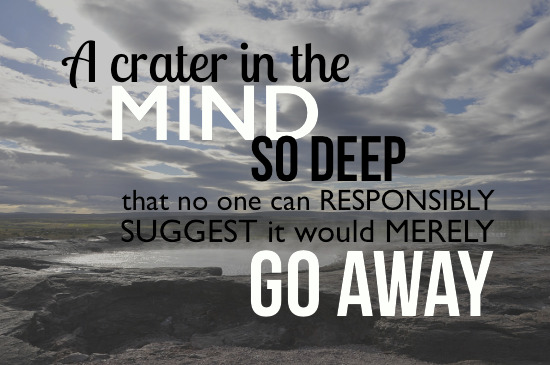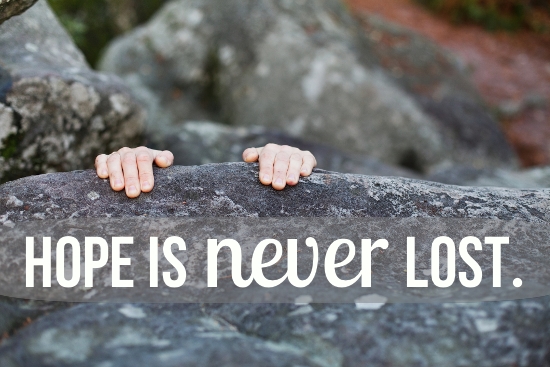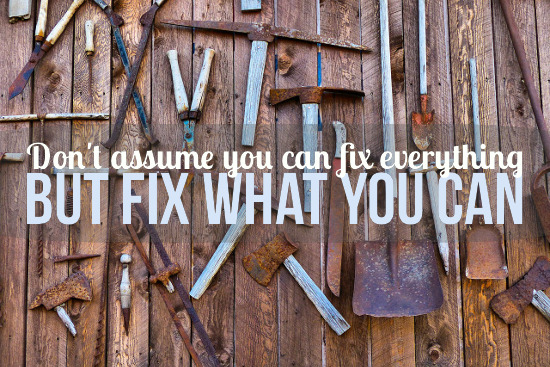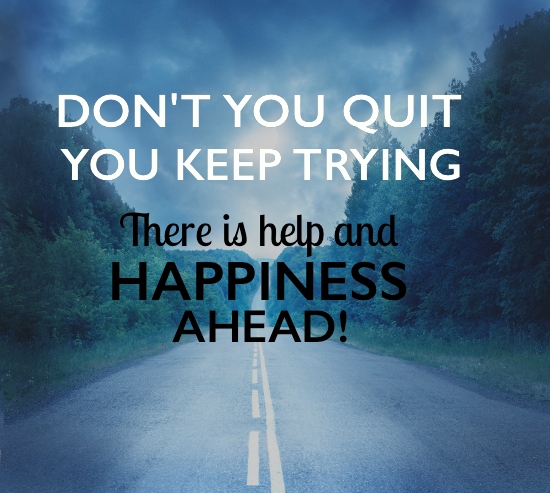Because this is such an important topic, we wanted to get real feedback from members of the Dating Diva community that have experience with depression. Thank you so much to all those who helped provide information and insight! We also wanted to make sure that we provide the most up-to-date and real information that we can about the topic so we are siting our sources for you to get a better understanding if you would like!
In order to know how to overcome the challenges of depression, we wanted to discuss what depression really is and how it affects a person. So what causes depression? It’s complicated. In fact, there are many different causes. Some biological, some environmental and even genetics can be a major factor. One of the best things that you can do if you are struggling with depression or trying to help someone with depression is to develop an understanding of the disease. Knowledge is power… So let’s take a closer look. Biological: Through research, its been noted that there are actual differences in the brain for those who are depressed including a smaller hippocampus. This can affect how neurological messages are sent and received. When chemicals in the brain are out of balance or the level of hormones in the body change this can also cause depression. Environmental: Often times, a specific event may trigger depression. Any kind of loss or change may cause depression. Loss of a job, loved one, or other changes in life. Long-term pain or illness can also lead to depression. Stress, lack of sleep, diet and lifestyle can also be factors that can increase or decrease feelings of depression. It’s important to recognize the difference between normal sadness and depression. Genetics: If someone in your family suffers from severe depression, you may be more likely to also struggle with depression. However, there is probably not just one depression gene, it is more probable that there are many genes interacting that lead to depression that runs in families. Symptoms of Depression
Feelings of helplessness and hopelessness Loss of interest in daily activities Appetite or weight changes Changes in sleep patterns, sleeping too much or not being able to sleep Anger or irritability Loss of energy Self-loathing Reckless behavior Concentration problems Unexplained aches and pains
What are some things you can do to help yourself? If you suffer from depression, the very first step is to recognize it and accept it. You cannot get help or even help yourself until you are willing to accept and ask for help. Something to keep in mind… Most of the things that help with depression are things that you will not want to do. Push yourself to do these things anyway so that you can start to feel better. If you don’t feel that you can push yourself, find someone close that can help you.
Communication: In marriage, you automatically have a spouse that can and should be a support for you. Open up lines of communication with your spouse so that they can really help you. Let them know how you feel and what you need. If you just need someone to listen, let them know that you don’t need them to solve your problems immediately but just be supportive. If you have a hard time knowing what to talk about these conversation starters will help you communicate about everything!! Once you get talking, you’ll feel better because talking is therapeutic!
Exercise: This is one of the best things you can do. It is a natural drug! Exercise releases endorphins and mood enhancing neurotransmitters. It can relieve stress and tension in your body. Start small and find activities that you love to help you exercise.
Establish Healthy Eating Habits: You are what you eat!! What you eat has a direct connection to how you feel. If you eat well you will feel healthy, fit and attractive. Make sure to eat foods high in vitamins and complex carbohydrates so that you don’t crash. Unfortunately, foods high in sugar can lead to a decrease in mood and energy, so it is best to avoid them when possible.
Develop A Routine, But Be Flexible: Knowing what to expect and having a schedule can help motivate you to get things done. Which will lead to feelings of accomplishment! Don’t beat yourself up if you don’t get everything done, though. Just try again the next day. If you are noticing that your routine is impossible, reassess so that you can be successful.
Sleep: Being tired can lead to an increase in stress, anger and anxiety because it is a lot harder to keep your emotions in check. Over-sleeping also causes problems because it decreases your ability to get out. Try to go to bed and wake up at the same time each day to help your body know when it needs to shut down.
Write In A Journal: In a journal you can be completely honest, share how you feel in a safe environment and get the negative thoughts off your chest. Writing can be a major stress reliever and very therapeutic.
Be Involved: Push yourself to get out with your friends, serve others and be involved in normal activities. Being social is probably the last thing you want to do when feeling depressed, but being around people can help keep you from withdrawing into your own negative thoughts.
Seek Out Sunshine: Did you know that sunshine can boost your mood? Getting out for a short amount of time each day can help – your body NEEDS that vitamin D.
Be Positive: Positive thinking is powerful. You can improve your self-esteem if you focus on the positive things about yourself and your life. This couple’s challenge is a great way to start making positive thinking a habit. Let the positive things be your motivation instead of letting the negative things weigh you down!
Learn How To Relax: Yoga, meditation, reading a book, taking a bubble bath. These are all things you can do to relax. Find what works for you and helps calm your mind down. Decreasing stress can help decrease feelings of depression.
Professional Help: Needing help doesn’t mean you are weak. It may be hard to seek help, but if your depression continues to get worse talking to a therapist, medication or another treatment may help!
Keep this in mind: Depression is so unique to each individual and circumstance. What might help one day, might not help the next day. Just keep swimming… Dealing with Depression How Others Have Overcome Depression 10 Ways to Cope with Depression How do you help a spouse with depression? Living with someone that is depressed can be very difficult and it can definitely be hard on marriage. Often when someone is depressed they can be unhappy, harsh and critical. So how do you help them deal with all the negative feelings from depression so that you can both be happy in your marriage?
Watch For Signs Or Symptoms: If you can see some signs of depression sneaking up on your spouse immediately stop and see what you can do to help them. This could be something as simple as cleaning up the house, taking the kids for a few hours so they can have a quiet moment, or schedule a date night out of the house.
Be Conscious Of Their Mood: If you can tell your spouse is having a bad day, you may want to share some of the positive things that happened in your day or help them to find the positive. Maybe you can even send them a little cheer to help them realize you are thinking of them. If you have bad news you need to tell your spouse, be cautious in the telling or maybe delay it a little while to see if their mood changes. In some cases, you might just need to give your spouse a little space.
Help Them Help Themselves: Become familiar with what types of things they can do to help themselves get out of a depressive state. Encourage them to do these things on their own or help them. Help prepare healthy meals, go on walks or fill up a bubble bath to help them relax.
Actively Listen: Often times when people are depressed, they just need to get their feelings out. They want to be heard, but they don’t necessarily need you to solve their problems. Active listening requires you to acknowledge what they are saying and validate their feelings letting them know that you are there for them. Sometimes when your spouse is depressed they just need a little reassurance that the way they are feeling is not their fault.
Be Social: Encourage social events so that your spouse can benefit from interacting with others. Maybe invite some friends over so that you can control the environment better and make sure that it is a positive experience. Keep social gatherings small so that they are not overwhelming.
Practice Patience: Living with a spouse who is depressed can be frustrating. Your spouse may snap and say things that they don’t really mean, so it is important to take a step back and be patient. Try not to take these things personally.
Give Them Something To Look Forward to: Schedules and routines are great. But it is also very helpful to have something fun and exciting to look forward to. Create feelings of anticipation and excitement for date night or other activities that are unique so that your spouse has something to lift their spirits!
Be Proactive: Your spouse may not know what they need, so sometimes asking how you can help will only lead to frustration. Be proactive and look for ways you can lighten the load. Lend a hand with the chores or watching the children while your spouse takes a mental breather.
Push Without Being Pushy: Encourage them to do something that they love. Be sensitive and motivating. If you can see that what you are doing is only making things worse, stop and try a different tactic. Give options to help your spouse get moving and help them feel empowered: Would you like me to help you with dishes or should we go for a walk?
Encourage Them To Seek Help: Getting help may be necessary and important for your spouse to make progress, but it can also be hard and scary. Offer to go with your spouse to see a doctor or therapist.
Help Them Feel Loved: Most importantly, your spouse wants to feel loved and important. Make sure that you understand their love language and show them consistently that you love them no matter what! Niki’s post on 100 Ways to Show Love to your Spouse would be a perfect resource if you are not sure what to do to reach your spouse in their love language.
Depression is so unique to each individual and circumstance. Keep a list of things that you’ve tried in the past that have worked and consistently try new things to help lessen the effects of depression in your spouse. Because depression is an ongoing battle, you can never assume that you’ve conquered it. It’s easier to help prevent it or develop early coping strategies than to fight your way out of it once it has really set in. 8 Tips for Dealing with a Depressed Spouse Common Questions People Have about Depression (REAL responses from the Dating Divas community.) What does depression feel like?
When I feel bad, I tell my husband that I am emotionally exhausted and that I feel like I just can’t properly deal with emotions right now. It’s like a dark, murky cloud that follows you around constantly. EVERYTHING feels incredibly overwhelming. Just the THOUGHT of getting yourself showered/dressed feels like the weight of the world is bearing down on you. You are so incredibly sad that you feel like you could burst into tears at any moment and you have no clue why. You literally want to huddle in a dark corner and sob – and there is no explanation for it. The helpless part is that you don’t know how to pull yourself out of it, so how can anyone else help pull you out? Every day is survival. You just have to push through enough to take care of yourself and your kids (if you have them) and some days, that is just an impossible feat. No matter how bad you want to do something, the couch always look better. It can be almost like an out-of-body experience. You are there, but you are numb to everything that is moving and happening in the world around you. Anxiety often leads to my depression, so I have described that to my husband as a tightness in the chest to the point it makes it difficult to breath at times. It feels like you are wandering lost. You don’t have the energy to do anything, even those things that you usually love to do. You struggle with even the simplest of tasks. An intense anger/irritability, feeling of something heavy on my chest (can’t get enough air), drowsiness as if you took a sleeping pill. Like I am overwhelmed, drowning in a sea of not being able to focus, not being able to think straight or positively even though I try so hard! Feels like I am not able to accomplish what matters (taking care of my family, being a good wife and mom) because so much competes for my focus. A very rainy day. Cloudy and foggy and cold. I would describe it as being stranded on a boat in the ocean. You can see other people in their boats and are crying out for help, but everyone just smiles and goes by you.
What things trigger depression and how can I avoid them?
The best way to figure out the triggers is to talk through your feelings with your spouse. After talking through things, I can see a little clearer what may have triggered a specific bout of depression. Keeping a journal helps sort out thoughts. Be proactive, not reactive. Once you determine what your triggers are, make a list of ways that you feel could help pull you out of the need to halt all progress. Have a plan in place for those days that are particularly difficult. If you wake up and know it’s just ‘one of THOSE days’ have a plan to drop whatever you can and go to the park where you can bask in the sunshine or plan an impromptu date night with your spouse.
Why wouldn’t someone want to use medication?
After trying medication, it just seemed like a waste of time and money. Medication can kill the libido, which can in turn, hurt a marriage. It’s hard to find a medication that helps with all of the symptoms. It’s a lot of experimenting with different drugs and doses. So you need to be patient. Medications don’t seem to work for me, just makes me feel worse. I don’t like medication and don’t want to rely on something like that to make me feel better.
Can medication help?
I’ve tried both medication and natural treatments for depression and I feel that it is a very personal decision. For me, medication helps leaps and bounds! The natural way did not work for me, it just got worse. I am usually on the medication for a year or so then wean off when I’m feeling better. Successful treatment can include medication, it does not mean you are weak. Not every medication works for everyone, there are medications that work in different ways and body chemistry plays a role in effectiveness. Depression is a disease, and should be treated as such. It can take several medications to find one that is effective, or a combination. Medication may need to be adjusted at any time because changes in body chemistry. Additionally, there are several natural supplements that can aid in the treatment of depression. One of the most common is Curcumin, which presents antidepressant effects through it’s ability to modulate levels of serotonin and dopamine.
What do people with depression say helps them?
Encouraging me to continue to work out and run. Just listen, it takes a lot for me to want to open up and talk and most of the time all I need is for someone to listen, I don’t need someone to solve my problems or to tell me how to solve my problems. I just need someone to listen. Love me through it. Help me get up in the morning and encourage me to eat and get myself ready. For me personally, I often bottle up feelings which leads to anxiety and depression. I have found that the most important key to me finding a mental balance in my life is through good communication, especially with my spouse. It is important he understands how I am feeling so he can be aware and be the listening ear I need. I have also found that as I communicate my feelings, it is a release for me and helps me to work out the reasons WHY I am feeling the way I am feeling. This leads to me being able to come up with better solutions before falling into a bad cycle. Not make fun of me for how I am feeling. Making plans to get out of the house. Give me something to look forward to, something fun that can get me out of the regular grind. I have a tendency to overwork myself and then I dig my depression in deeper. If I get myself out of the house a few times a week to run errands or do something with my kids and keep a regular workout schedule – I can usually curb the depression symptoms. Eating healthy is a HUGE contributor to how a feel as well. Being there for me, but not in a pushy or overwhelming way.
Understanding why people don’t want to get help from a professional?
Feelings of guilt. It’s nothing to be embarrassed about. I think so many people have had depression and just dealt with it. Have shrugged it off as nothing. But it’s NOT. Admitting it is SO HARD but you’re not going to get better until you do something about it. Don’t want to be labeled badly.
How can I help my spouse? Especially when the things I do seem to make it worse.
It feels like it is often taken out on those closest to the one who has depression. Sometimes it’s ok to keep your space for a little while, but never keep that distance for very long. Know the signs, recognize them, and make time for me. Get me out of the house, go do stuff with me, and generally show love and affection. Continue to be involved in activities but give me time to be alone. Other’s can be there to listen and maybe to help reshape the thoughts of someone into a more positive thought who is depressed. Offer to listen and let them know your there for them.
Will things get better? Can we still have a happy marriage?
Yes!! Be aware of yourself and don’t be afraid or ashamed to ask for help. It took me a long time, but after a lot of arguing, my husband and I have worked together to figure out things that make my depression worse (triggers) and things I can do to make them better or to not have those things in my life. My kids are my constant. They are the reason why I need to live. My husband and our marriage is my saving grace, he is the reason WHY I live. I love them more than anything and when I focus on them, it helps take pressure off of myself, but at the same time, I have realized that taking time for myself to focus on getting myself physically, mentally, emotionally, spiritually healthy is what is important. For me, the support that my spouse has given to me has made ALL the difference. He’s never suffered from it, but he’s very in tune with me so he can tell immediately if I’m having a rough day when he gets home from work. Depending on what I need, he jumps right in and sends me to the gym, or to bed to get a nap, or gives me my alone time to get out of the house. He doesn’t complain or try to wrap his head around it, but we’ve been dealing with depression together for nearly a decade now. He can tell those weeks when I’m not myself and he’ll jump in to help with the kids or housework and try to alleviate some of my struggles that way. Sometimes, I just need to cuddle up with him and watch a movie and just connect with him. But the point is that he is my rock, the one that I can open up to about how I’m feeling and what I think I need to get me out of my funk. He listens and then acts. Depression is very tough, but can be worked through together if you stay as a team. Support them when they are down, and help them get proper medical care. Appreciate them, and all they do. Each feat is huge. Celebrate that. My spouse is a constant help to me. He is so patient and understanding and I know he wants me to be happy.
What are some good resources for helping with depression?
The Depression Cure: The 6-Step Program to Beat Depression without Drugs Prayer and the Bible Quotes pulled from Like a Broken Vessel by Jeffrey R. Holland Feeling Good: The New Mood Therapy Depression: Looking Up from the Stubborn Darkness If I’m a Christian, Why Am I Depressed? by Bob Somerville
More Resources: TedTalk by Steve Illardi Depression is a Disease of Civilization I had a black dog, his name was depression Healthline Facts and Statistics Common Misunderstandings about Depression 10 Proven Health Benefits of Tumeric Curcumin Supplements


